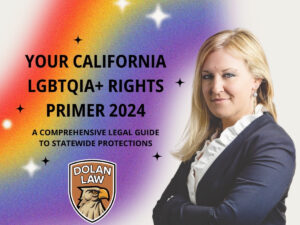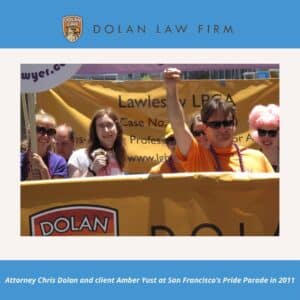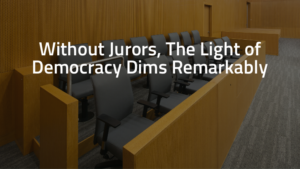
Religion v. Nondiscrimination
As a national association, CLS aligns various legal professionals and law students and encourages them to promote and act on behalf of their Christian ideals in the practice of law. Student chapters are expected to do the same. One of the group’s core beliefs is that sexual contact outside of a marriage between a man and a woman is sinful. In their initial complaint, the group stated that this belief bars anyone who engages in or agrees with homosexual conduct from becoming a member or officer of the Hastings CLS chapter.
Hastings required registered student groups to agree to a policy that they will not discriminate based on religion and sexual orientation, as well as race, color, national origin, ancestry, disability, age and sex. And in exchange for compliance, Hastings permits student organizations to use campus facilities for meetings or events and gives them a share of student activity fees, among other exclusive benefits.
In 2004, CLS removed the references to religion and sexual orientation from its constitution’s nondiscrimination clause. The group then began compelling members and officers to sign a statement of faith in order to more closely affiliate with its national counterpart. This document blatantly excluded anyone who did not align with their Biblically orthodox faith, especially in the areas of non-Christian religions and sexual orientation. These factors ultimately led to the revocation of its official status as a student organization at Hastings.
Balancing Rights on Both Sides
Shortly after they lost their registered status and its perks, CLS sued Hastings. CLS claimed Hastings infringed upon its Constitutional rights. Specifically, the First Amendment guarantees of freedom of expressive association, free speech and prohibition against an establishment of religion. They also cited violation of their Fourteenth Amendment due process and equal protection privileges, which include a failure to give advanced notice of noncompliance. CLS believes that by rejecting their registration, Hastings was discriminating against their religious views.
Because Hastings is a public law school and receives funding through the state of California, they are bound by federal and state anti-discrimination laws. Hastings argues that requiring adherence to their nondiscrimination policy is viewpoint neutral and applies to the general college population. The policy does not seek to change the beliefs of religious student groups, but instead demands that their membership and operations are conducted in a non-discriminatory manner. After all, if Hastings allowed a religious expression exception to a group like CLS, some of their students would be providing funding through activity fees to campus organizations from which they are excluded.
Rights of the Discriminated
Whatever the verdict, the public should be aware of the questions that cases like
Christian Legal Society v. Martinez pose. Can a state-run college discriminate against certain student groups who have religious beliefs that violate all or parts of their nondiscrimination policy? Should a university student group be permitted to discriminate against people based solely on sexual conduct or approval of it? What rights are being violated here and which should be protected in the interest of justice?
State schools should practice non-discrimination. All students, regardless of sexual orientation or religious beliefs, are entitled to full participation and equal status. Groups that foster hate, bigotry and/or discrimination should not be funded with state and students dollars.
Contact Our San Francisco Employment Law Attorneys
Contact the Bay Area discrimination attorneys of the Dolan Law Firm for a free case evaluation and assistance in filing your claim. If you have suffered retaliation or lost your job because you sought to protect your rights, we are on your side. Our San Francisco employment law attorneys have three office locations for your convenience: San Francisco, Sacramento and Oakland.










